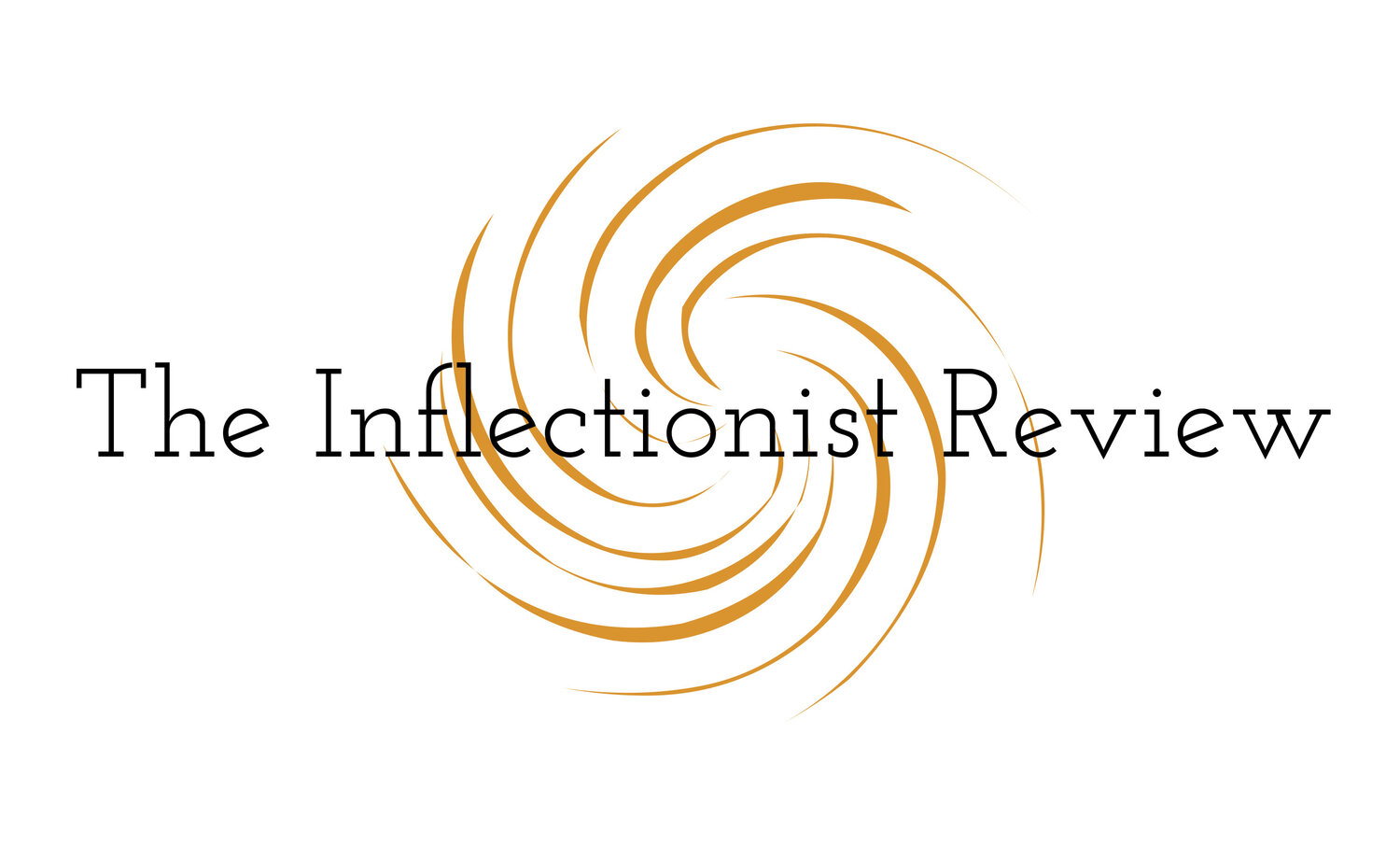Toti O’Brien reviews
Liminal
by Marina deBellagente LaPalma
Liminal
by Marina deBellagente LaPalma
The Present Press
December 2023
Paperback, 92 pages
$15
Rather than borders or frontier zones, Liminal, as the title states, explores sills—those hair-thin fracture lines (sometimes arbitrarily marked, often hard to spot, and yet crucial) where one thing becomes another (usually quite different, sometimes the very opposite). Standing on a doorsill, for instance, one is inside and outside, “Both,” to borrow from the last section’s opening poem:
You are both awake and asleep.
Those who legislate your dreams
have deemed it necessary [...]
The epigraph of section 1—a quote from Paolo Valesio—mentions the act of “trans-gressing across... thresholds that separate different languages, cultures, mentalities or states of consciousness.” Doubtlessly, the poems in Liminal thrive on trespassing whatever is in the way, starting with formatting rules. The font size nimbly changes from page to page, even within the same poem. As we read, we realize that this swell-and-shrink is actually pleasant, like watching flames dancing in a fireplace.
Typographic freedom enhances the frequent, natural shifts of tone, from the lyrical to the narrative, the conversational, the philosophical—though the voice stays solid, and consistently adheres to the theme. Which, I said, certainly implies cross-exploration, hybridity, forays into the unknown, but essentially focuses on the thrill of inhabiting the very hinge, embodying the paradox.
Thresholds can be found in all domains of existence, as we only can apprehend life by parceling it, and each part must begin and end somewhere. Hence, to separate blocks and properly identify margins is our way to tell time, define space, learn an idiom, conceive history or build identity. Each section of Liminal revolves around a main field of experience, lingering inside its fault lines—although, of course, the partition is loose. At the hinge—it soon becomes evident—all categories intersect and blur.
“Earthly Goods” explores our physical habitat, but time bends and modifies space. At the portal where we start hearing land, and plant, speak their tongue
Our ancestor awaits, remembering
what we do not yet perceive
Past and future switch places. The mere consciousness of another hemisphere—day to our night, summer to our winter—is enough to relativize all certainties, endowing even trivial routines with vertiginous depth.
What if, on a walk, houses would stare at you, rather than you observing them? What if the shape of waterways on a map, “these lines not drawn by us,” were an alphabet spelling each river’s history and soul? Here, the poems teeter between the named and the nam-er, giving back to nature its pure, pristine voice.
Section 2, “Something Borrowed,” ponders spoken and written forms of language, “something that won’t stand still,” and yet is the only means we have, for instance, to recall—to record—the
intangible gleam of memory
that flickers as you turn to look,
dancing away like a floater in the eye
Like the wave expressing
its form (that is motion)
just as it dissolves
Human efforts to preserve experience in words are directly proportional to life’s inherent, impregnable evanescence. Liminal grapples with this concept throughout, both melancholically and humorously. Rather, with
This infected mixture
of happy and sad...
[...] a feeling
speaking in paradoxes
The verse graciously swims in “a sea of memory resisting representation,” rescuing
Places and moments indelibly marked, associated
with arbitrary forms, etched with complicity, impossible
to go at systematically. They swirl about this too small,
irregularly shaped cranium, my disordered closet-head.
“Cameos” from different eras of the poet’s past randomly interweave the dialogic, discursive or questioning texture of the page. They are spare visions, pulsating with sensorial vividness, as sharp as they are incomplete, askew, as piercing and resonant as they are fugitive.
“That Lavish Span,” “The Story to Tell,” and “Chronos” (the last three parts of the book) progressively embrace a larger view of our socio-political environment, also pondering history and the intangible shifts between eras, fascinated by the symbolism of “Magnificent Ruins.”
A brick wall two stories high
with ghostly outlines of
rooms in a once-adjacent
building; stair treads tattooed
on surfaces where interior paint
was slapped directly onto bricks
The expanded scenery is still sifted through the fine mesh of an offset, marginal gaze—yet consistently coming to striking, universal insights.
After the war we forgot
why it had been fought.
That’s how the next one started.
Because, after all
[...] The marginalized, ignored, irrelevant counts, is
revealed in a flash to be crucial. If we only had thought of that.
Marina deBellagente LaPalma is a writer, publisher, professor, performance artist, art critic. She has published several chapbooks of poetry, and she has edited books for MIT Press & Intellect Press, UK. She hosts a music show on KSFR radio, Santa Fe, New Mexico.
Toti O’Brien is the Italian Accordionist with the Irish Last Name. She is the author of four collections of poetry and three of prose.

